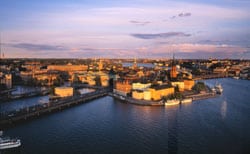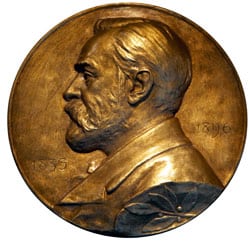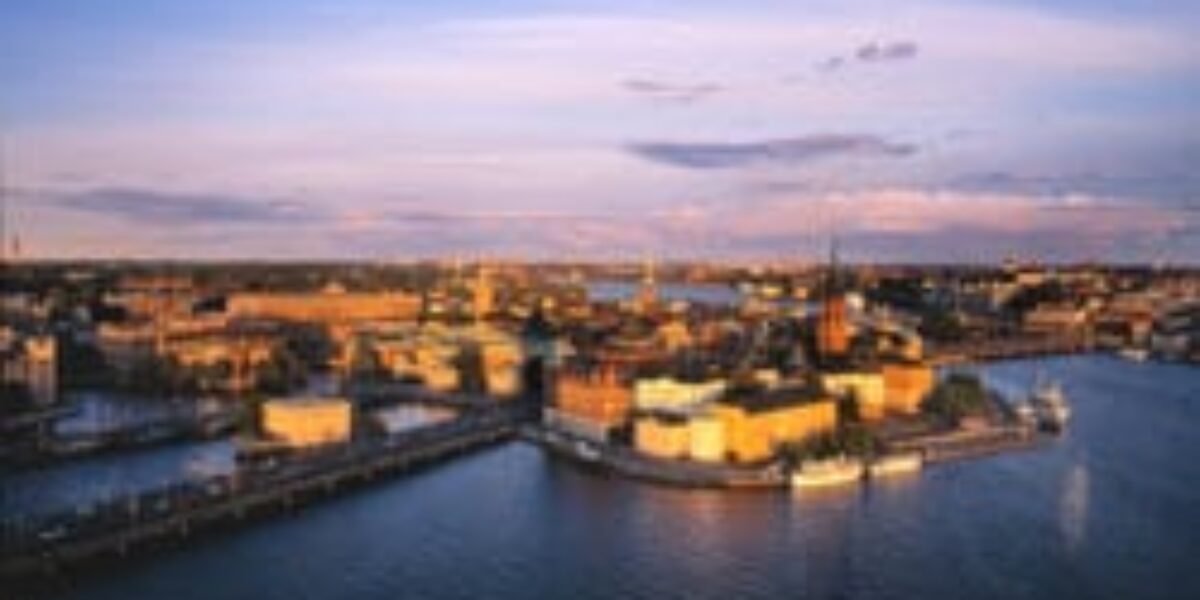Sweden – the country of Life Science

As a destination, Sweden is a country rich in both Life Science history and opportunities. With its strong innovative power and innovation-driven economy, Sweden is highly suitable for knowledge-intensive industry sectors such as Life Science, as the country is the most innovative in the world. Sweden’s science infrastructure is, without doubt, world-class. Sweden invests more in research and development than any other OECD country. Furthermore, Sweden has the world’s second highest expenditure on R&D after Israel and the third highest number of registered patents per capita in the world.

Being home to the inventor Alfred Nobel and his Nobel Prizes, as well as Carl von Linné and his innovative cataloguing of the world’s flora, invention is part of our heritage. Dating back to the early 1900s, through today and into the future. The environment of Life Science in Sweden has fostered innovations that include the ventilator, L-dopa, the pacemaker, gel filtration chromatography, hemodialysis, Losec®, and Xylocain® as well as companies including Astra, Pharmacia and Kabi. This dynamic environment has attracted international projects like the European Spallation Source and the human proteome, mapped in Stockholm by the Human Proteome Project.
The levels of research and high-quality projects at a few hundred small but highly innovative companies, has led many international companies to establish commercial partnerships with Swedish companies. Today, more than 30,000 people work in Swedish Life Science, at around 800 companies, ranging from AstraZeneca AB, which represents 25% of the total number of employees, to sole entrepreneurs. A strong innovative drive has enabled many companies to spin off from academia, where entrepreneurship is seen as natural; encouraged by the Researcher Exemption. Teachers and researchers at Swedish colleges and universities own the rights to their own research, not the employer, like regulations in most countries. The close cooperation between industry, academia and health care is another key success factor.

The Life Science Industry in Sweden stands for around 20% of net exports.Sweden is ranked number four by Scientific American and is the world’s leading country for innovation. With 250 ongoing clinical trials, the Swedish pipeline for drug discovery is robust, diverse, and at all phases, dominated by infectious diseases, cancer and diseases related to the central nervous system. With a population of just 1.4 %0 of the world’s population, Sweden accounts for 0.7% of the global pharmaceutical industry.
Many investors are aware of Sweden as a life science hub, not only through the yearly Life Science Investment Day Scandinavia, which will be held in the south of Sweden, right by the Danish border, in Malmö on March 27, 2012. In the following year, BioPartnering Europe has chosen Stockholm for its October meeting, expected to attract some two-three thousand investors and company-/organisations representatives.



